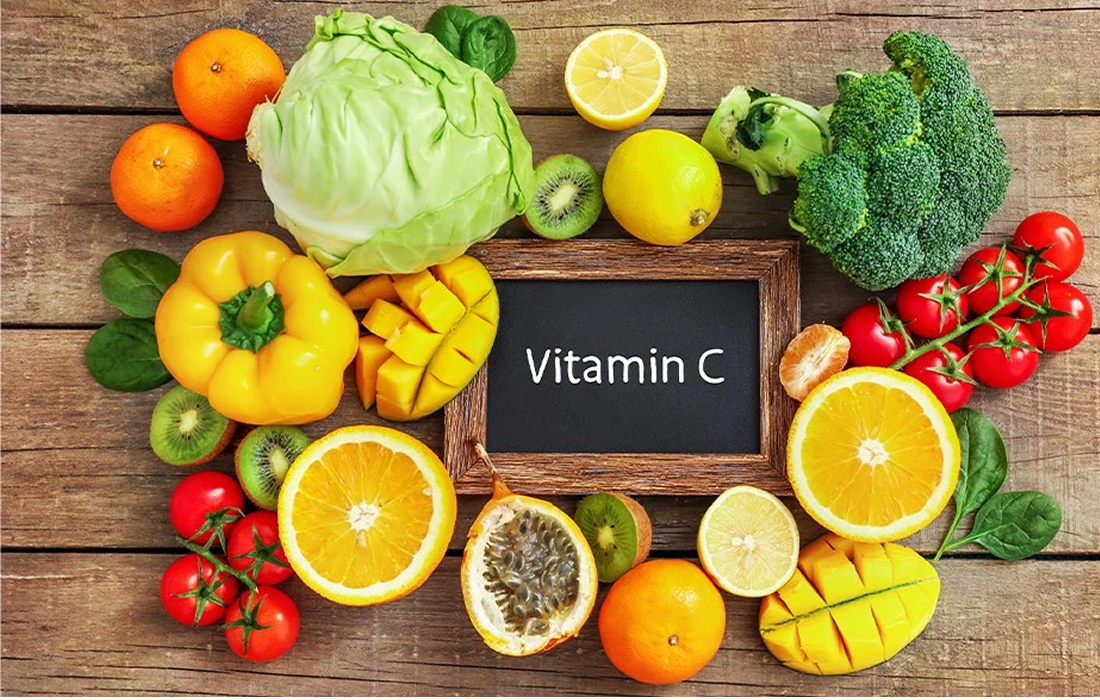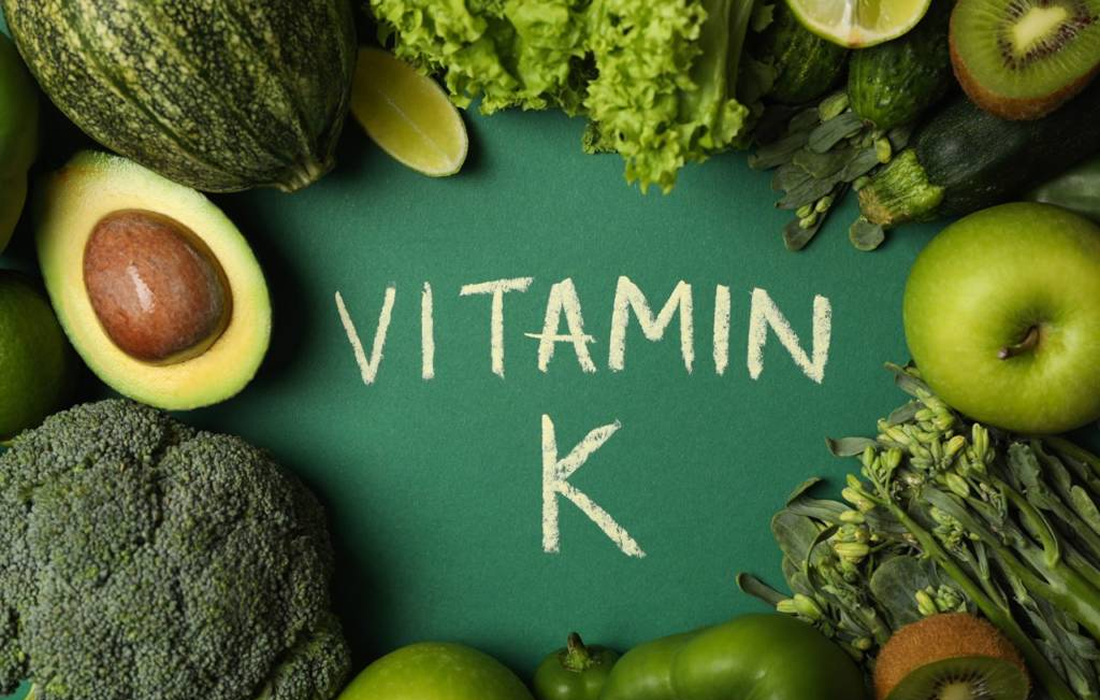Nitrites and nitrates occur naturally in water and soil and are commonly ingested from drinking water and dietary sources. They are also used as food additives to increase shelf life. A study publishing January 17 in the open access journal PLOS Medicine by Bernard Srour of the Nutritional Epidemiology Research Team (EREN-CRESS) of Inserm, INRAE, […]
Category Archives: Nutrition and Supplements
Sarcopenia is characterized by a progressive and generalized loss of skeletal muscle mass and strength . Increasing age is a well-recognized risk factor for sarcopenia such that worldwide the condition affects >50 million people over the age of 50 y. Whereas maintenance of strength and function is recognized as important for preventing functional limitations, physical […]
Florida State University College of Medicine researchers have linked aspartame, an artificial sweetener found in nearly 5,000 diet foods and drinks, to anxiety-like behavior in mice. Along with producing anxiety in the mice who consumed aspartame, the effects extended up to two generations from the males exposed to the sweetener. The study is published in […]
A Centers for Disease Control and Prevention’s 2022 National Center for Health Statistics report indicates that pregnancy-related mortality in the United States has been on the increase steadily over the past 30 years, with significant disparities by race and maternal age. Adverse pregnancy outcomes (APOs) are leading factors associated with maternal morbidity and mortality, underscoring […]
Homocysteine (Hcy) is an important amino acid in your blood that helps create proteins. Hyperhomocysteinemia (HHcy) is a metabolic disorder mainly due to improper removal or accumulation of hmocysteine most commonly arising from low dietary intake of Folate (Fol) or Vitamin B12 (B12), those last two vitamin can break down the levels of homocysteine and […]
Atopic eczema is an inflammatory skin disease that can substantially impact affected individuals. It is more common in children, often developing before their first birthday. It’s usually a long-term (chronic) condition, although it can improve significantly, or even clear completely, in some children as they get older. There is increasing evidence that atopic eczema partly […]
Breaking bones can be life-changing events, especially as we age, when hip fractures can become particularly damaging and result in disability, compromised independence and a higher mortality risk. Research from Edith Cowan University’s Nutrition and Health Innovation Research Institute has revealed there may be something you can do to help reduce your risk of fractures […]
A diet containing lots of salt can contribute to increased levels of stress, a new study shows. Scientists found in studies of mice that a high-salt diet increased the levels of a stress hormone by 75 per cent. Experts hope the findings will encourage a review of public health policy around salt consumption, with a […]
Hip fractures are the most common fractures resulting in hospitalization, particularly among older women. Around 1.6 million cases occur globally each year and rates are increasing, particularly in Europe and Asia. Mobility and independence decrease after hip fracture incidence whilst risk of comorbidities increases, resulting in a reduced health-related quality of life and increased mortality. […]
The high prevalence of overweight and obesity is a major public health concern. Obesity is characterized by an excess of body fat that impairs both physical and psychosocial health and well-being. Long-term regulation of body weight is controlled by balancing energy intake with energy expenditure. Understanding the role of specific food items and their impact […]










